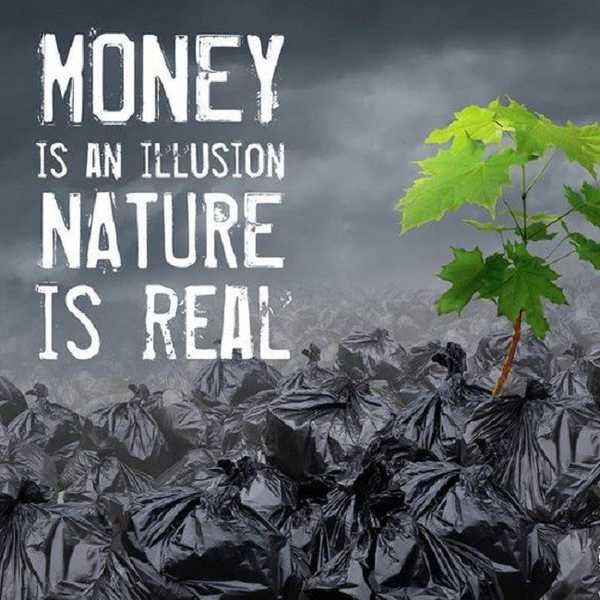As one of America’s most influential environmentalist, Barry Commoner devoted his life and career to ecology, awareness, education, and enacting positive change. He was among the first to begin advocating for recycling and organic farming, as well as raising awareness about the threats of the greenhouse effect and the dangers of radioactive fallout. As the founder of the Citizen’s Party, which he also ran for president under in 1980, Commoner believed in the collective power of individuals to create change and peace through accepting responsibility for their actions and making the active decision to be better. While certain things have changed for the better, Commoner was no less concerned in 2006 than he was in the 1960’s, especially in regards to climate change and fossil fuels, on which he said, “There is no question that climate change, global warming, envelopes the entire world and it’s getting worse” and “If nothing is done, beginning now, to cut back strongly on the use of fossil fuels, we are heading for a disaster.”
As one of America’s most influential environmentalist, Barry Commoner devoted his life and career to ecology, awareness, education, and enacting positive change.
After World War II, early on in Commoner’s career, the US government and Soviet Union were in the beginnings of a Cold War and nuclear arms race. The US government was tirelessly conducting nuclear bomb test in the oceans and isolated portions of the American desert. Commoner, as well as his fellow professors, became increasingly concerned with the potential public health hazards associated with the dispersal of atomic residue which had been projected into the stratosphere. In 1950, he and his colleagues began investigating the lasting effects of strontium-90, one of the atomic residues. As Commoner describes, strontium is very much like calcium and, in fact, follows calcium throughout the body to the bones and teeth. So came perhaps one of the least known major movements in modern history, the “I Gave My Tooth to Science” campaign, which began with 10’s of thousands of St. Louis’ school children sending in their teeth to be tested for harmful levels of strontium, but soon escalated to teeth being sent in from around the world. It wasn’t long before their studies showed strontium-90 was present in levels enough to cause cancer and a worldwide ban of atmospheric nuclear testing was put in place. This was a major environmental victory. Commoner speaks of this time in American history as a moment when people began to see that the effects on the environment as a result of their choices were directly on them. 1970 saw the first Earth day, the founding of the EPA, the Clean Air Act, and the removal of lead from gasoline which was a major health hazard, especially on children.
It may seem that we have lost a lot of that momentum, but as Commoner points out, a lot of those same attitudes and concerns are mirrored by the sudden popularity of organic foods which, by the way, Commoner and his colleagues were the first to rigorously study. Still, Commoner warned of the “Red threat” which he described as “ the thoughtless way in which we decide what we are going to produce and how we are going to produce…and what impact that has on not simply getting the product but on our lives, our health, the welfare of poor people, the environment as a whole.” That “Red Threat” can be exhibited quite obviously by industrial agriculture, and slowly creeping into what is supposed to stand as the environmentally minded alternative of organic. To counter that threat, Commoner created the “4 Laws of Ecology”:
1) Everything is connected to everything else
2) Everything must go somewhere
3) Nature knows best
4) There is no such thing as a free lunch.
These “laws” are rules to live by and it takes a wise person to simplify such complex issues into four bullet points while still doing them the justice they deserve.
I am truly inspired by the life and service of Barry Commoner. I often doubt myself, not quite seeing how I will achieve my goal in life of spreading environmental awareness, scientific literacy, and enacting as much positive change in the fields of conservation and ecology as possible. I doubt the ability of one person to enact such change, especially me. Seeing the accomplishments of Barry, and the age of which he began to make his most significant impacts, gives me hope. We have one home, one earth, and it's up to us to protect it.





















